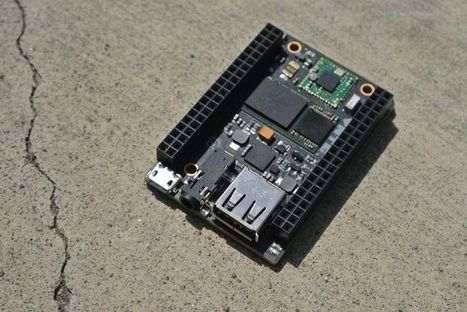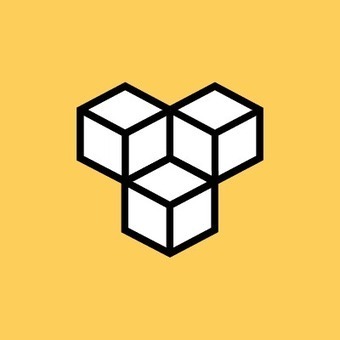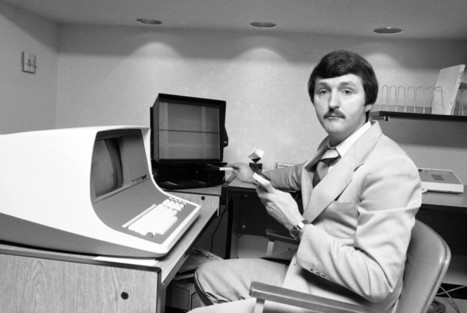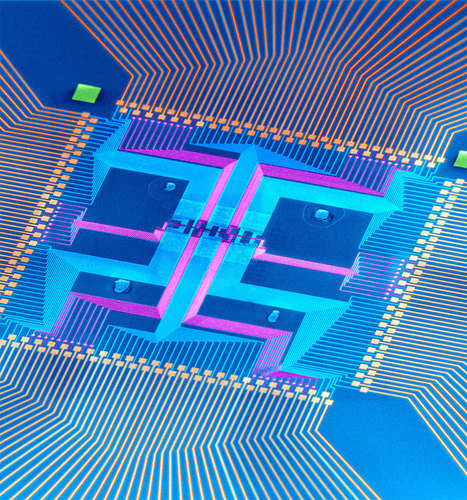Targeted at about the cost of books for one year (2000-5000 KSH), the Afripad is priced to be affordable to even the poorest rural areas, while being designed to be upgradeable to provide performance suitable for private schools, universities, and businesses. When combined with free or low cost e-textbooks the Afripad could address the lack of availability of learning materials to make a revolutionary impact on learning outcomes. As a Kenyan designed solution the Afripad is uniquely suited to the African educational environment, with batteries that can be separately replaced while it is running, and with long battery life, as well as a modular tool-less design with end-user replaceable parts unlike laptops or tablets.



 Your new post is loading...
Your new post is loading...














